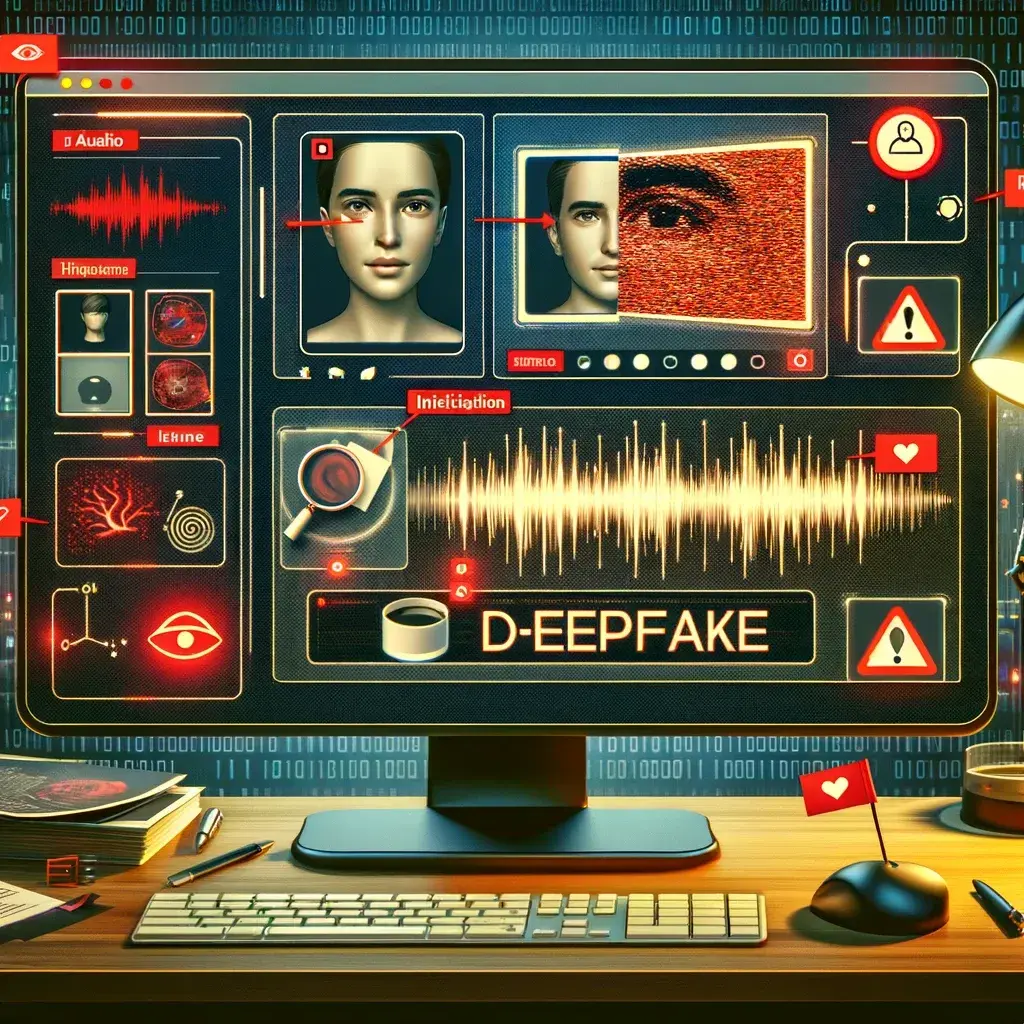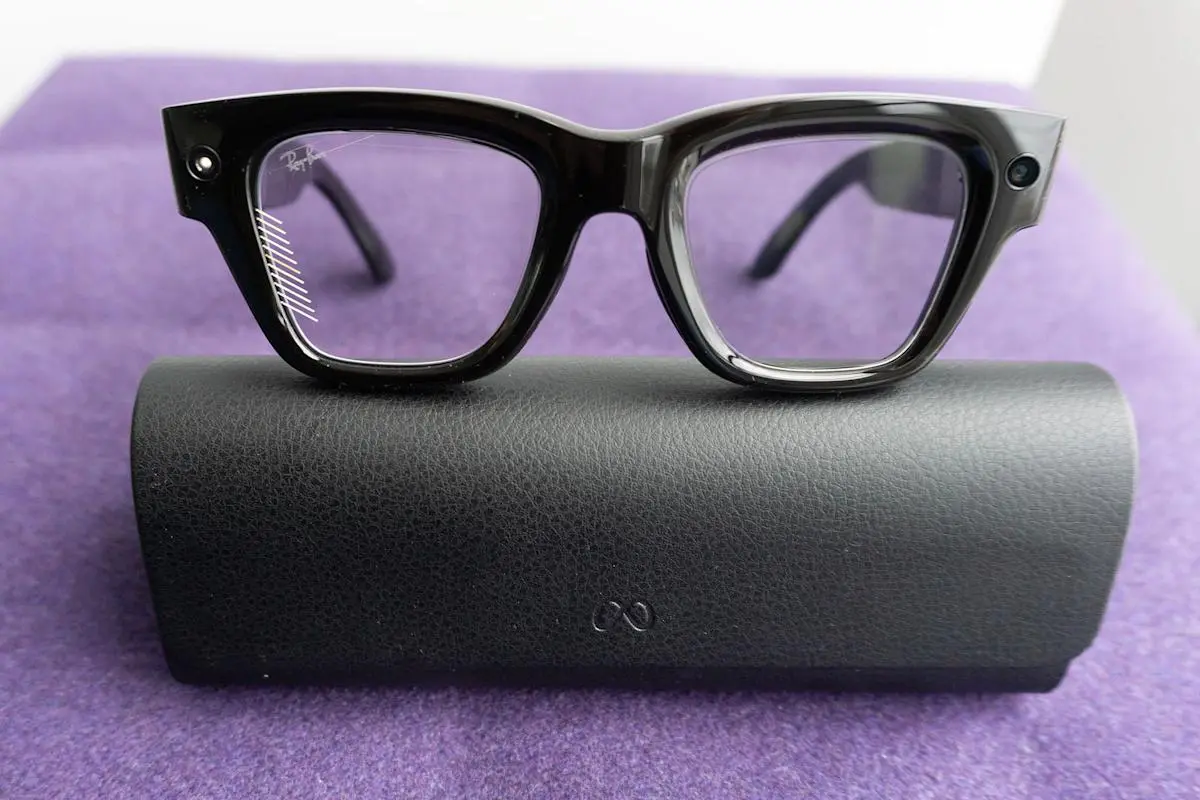McAfee Launches AI-Powered Deepfake Detector in India to Combat Misinformation
3 Sources
3 Sources
[1]
McAfee Launches AI-Powered Deepfake Detector in India
McAfee Smart AI Hub offers educational resources on deepfakes and AI scams. McAfee today announced the launch of its AI-powered Deepfake Detector in India, aimed at tackling the growing threat of AI-generated deepfakes and online scams. As deepfake videos become more prevalent on social media, McAfee says its new tool uses AI to quickly identify altered audio in videos, alerting users to potential scams within seconds. The technology runs directly on users' PCs, ensuring privacy by avoiding cloud uploads. Also Read: Dareesoft Completes PoC of AI-Powered Road Hazard Detection Service in Dubai According to recent McAfee research, the average Indian encounters 4.7 deepfake videos daily, and 66 percent have been affected by deepfake video scams in the last year. To combat the rise in AI scams and misinformation, McAfee said it has worked with leading OEMs to bring powerful AI-based deepfake detection capabilities to consumers in India. "With McAfee Deepfake Detector now available in India, on many select Copilot+ PCs, consumers in India who opt in are alerted within seconds if AI-altered audio is detected in videos, without relying on laborious manual video uploads. Trained on hundreds of thousands of samples, McAfee's AI detection models perform the entire identification process - known as inference - directly on the PC, maximizing on-device processing to keep private user data off the cloud. McAfee does not collect or record a user's audio in any way, and the user is always in control and can turn audio detection on or off as desired," the company explained. "By leveraging the NPU (Neural Processing Unit) and performing analysis on-device, McAfee provides comprehensive privacy and boosts processing speed when compared to cloud-based usage and improves battery life," McAfee added. "While not all AI-content is created with malicious intent, the ability to know if a video is real or fake helps consumers make smart and well-informed decisions," said Pratim Mukherjee, Senior Director of Engineering at McAfee. "We're inspired by the transformative potential of AI and empowering individuals with the most advanced deepfake detection so they can navigate the evolving online world safely and confidently." Also Read: Microsoft to Invest USD 3 Billion in India to Boost AI, Cloud, and Skilling: CEO McAfee is also introducing the McAfee Smart AI Hub at McAfee.ai, an online resource for education on deepfakes, AI scams, and cybersecurity. The hub includes interactive tools to help users spot AI-driven scams and offers a platform where suspicious videos can be submitted for analysis. The McAfee Deepfake Detector is available for English language detection on select Copilot+ PCs in India and costs Rs 499 for the standalone version, or Rs 2,398 when bundled with McAfee+.
[2]
McAfee Launches AI-Powered Deepfake Detector in India to Combat Misinformation
McAfee announced the launch of McAfee® Deepfake Detector, the latest addition to the company's suite of AI-powered products, in India. With AI-created videos, or deepfakes, flooding the internet and circulating across social media, we now live in a world where seeing and hearing are no longer believing. To combat the rise in AI scams and misinformation, McAfee has worked with leading OEMs to bring powerful AI-based deepfake detection capabilities to consumers in India. Additionally, the McAfee Smart AI Hub offers easy-to-use tools and interactive resources to help you learn how to spot and avoid AI-driven scams.
[3]
McAfee Launches AI Deepfake Detector in India for Altered Audio
McAfee, a cybersecurity solutions company, has introduced the McAfee Deepfake Detector as part of its suite of AI-powered products. This new tool aims to tackle the growing issue of AI-generated videos, deepfakes, AI-driven scams, and the spread of misinformation. The company is doing this in collaboration with AMD (Advanced Micro Devices). The tool will "help consumers navigate videos increasingly riddled with misinformation," the company stated. According to a report by Indian Express, users who subscribe to the service will receive alerts within seconds when the system detects AI-altered audio in videos, without needing to manually upload files. The company added that the tool has trained on hundreds of thousands of samples, and its AI detection model performs the entire identification process -- known as inference -- directly on the user's PC. McAfee asserts that it does not collect or record any user audio, and users have full control, with the ability to enable or disable audio detection at any time. The company said that the detector integrates into the user's workflow, ensuring that everyone -- from professionals to casual users -- can access "protection without technical hurdles." However, some gaps appear. Consider the following scenarios: "McAfee's Deepfake Detector uses advanced Convolution Neural Network models -- AI tools specifically trained to identify manipulated or AI-generated audio within videos," the company said. As the tool seems to focus on audio manipulation, the detector may fail to flag if someone altered the video using AI, but left the audio unaltered. If you opt out of the audio detection feature, McAfee's Deepfake Detector would likely still work, but the detection and processing could be slower. This is because, as per McAfee's explanation, enabling on-device audio detection helps provide faster detection and processing, as it happens directly on the device without relying on external resources. However, if you disable the audio detection feature, the tool might need to use a different method for detection, potentially relying on cloud-based processing or other mechanisms that could introduce delays in identifying AI-altered audio. It's important to note that most viral deepfakes are videos where AI manipulates the appearance or behavior of people, typically by superimposing someone's face or modifying their expressions. People can use these video deepfakes to create misleading content, such as fake interviews, altered speeches, or fabricated events. While the video itself might change (such as altering someone's face or actions), the audio plays an equally important role. It can also change to match the video alterations, making the deepfake more convincing. For instance, the deepfake of actress Rashmika Mandanna involved a video, while politician Supriya Sule's altered deepfake focused on her audio. At MediaNama's Deepfakes and Democracy event in 2024, Gautham Koorma, a researcher at UC Berkeley, discussed the difficulties of detecting deepfakes. He pointed out that although watermarking AI-generated media could be a potential solution, researchers had already found ways to bypass all existing watermarking methods. "I think we should be using watermarking, but keeping in mind its downside, that it can be easily broken by a sophisticated adversary. Sometimes it's not even [that]," he stated. He also underlined the challenges of detecting deepfake audio on social media, as platforms often transcode or modify the properties of uploaded audio. "And once that happens, we see that the accuracy of detection drops a lot, sometimes higher than 10 percent. So, it's really hard to detect these things once they've gone on social media," he explained. Fact-checkers who participated in a discussion following the 2024 general election noted that they encountered only a few deepfakes, which had limited impact but did lead to an erosion of trust. Kritika Goel, Head of Editorial Operations (India) at Logically Facts, stated that it has become easier for individuals to label real audio as a deepfake, providing them with "plausible deniability" or what is known as the "liar's dividend." We have reached out to McAfee with queries, we will update the copy as and when they respond.
Share
Share
Copy Link
McAfee introduces an AI-powered Deepfake Detector in India, aiming to tackle the growing threat of AI-generated deepfakes and online scams. The tool uses AI to quickly identify altered audio in videos, alerting users to potential scams within seconds.

McAfee Introduces AI-Powered Deepfake Detector in India
McAfee, a leading cybersecurity company, has launched its AI-powered Deepfake Detector in India, addressing the growing concern of AI-generated deepfakes and online scams. This innovative tool is designed to quickly identify altered audio in videos, alerting users to potential scams within seconds
1
.The Need for Deepfake Detection
Recent McAfee research reveals that the average Indian encounters 4.7 deepfake videos daily, with 66 percent of users affected by deepfake video scams in the past year
1
. As AI-created videos flood the internet and social media platforms, the line between reality and fabrication becomes increasingly blurred2
.How the Deepfake Detector Works
The McAfee Deepfake Detector utilizes advanced Convolution Neural Network models specifically trained to identify manipulated or AI-generated audio within videos
3
. Key features of the tool include:- On-device processing: The technology runs directly on users' PCs, ensuring privacy by avoiding cloud uploads
1
. - Quick detection: Users are alerted within seconds if AI-altered audio is detected in videos
3
. - Privacy-focused: McAfee does not collect or record user audio, and users have full control over enabling or disabling audio detection
1
.
Related Stories
Limitations and Challenges
While the McAfee Deepfake Detector offers promising capabilities, some limitations exist:
- Focus on audio: The tool primarily detects audio manipulation, potentially missing video-only alterations
3
. - Social media challenges: Detecting deepfake audio on social media platforms can be difficult due to transcoding and property modifications
3
. - Watermarking limitations: Researchers have found ways to bypass existing watermarking methods for AI-generated media
3
.
Additional Resources and Availability
McAfee is also introducing the McAfee Smart AI Hub at McAfee.ai, an online resource for education on deepfakes, AI scams, and cybersecurity
1
. The Deepfake Detector is available for English language detection on select Copilot+ PCs in India, with pricing options for standalone and bundled versions1
.As deepfake technology continues to evolve, tools like McAfee's Deepfake Detector play a crucial role in helping users navigate the complex landscape of AI-generated content and misinformation.
References
Summarized by
Navi
[1]
Related Stories
Recent Highlights
1
OpenAI secures $110 billion funding round from Amazon, Nvidia, and SoftBank at $730B valuation
Business and Economy

2
Trump orders federal agencies to ban Anthropic after Pentagon dispute over AI surveillance
Policy and Regulation

3
Google releases Nano Banana 2 AI image model with Pro quality at Flash speed
Technology








